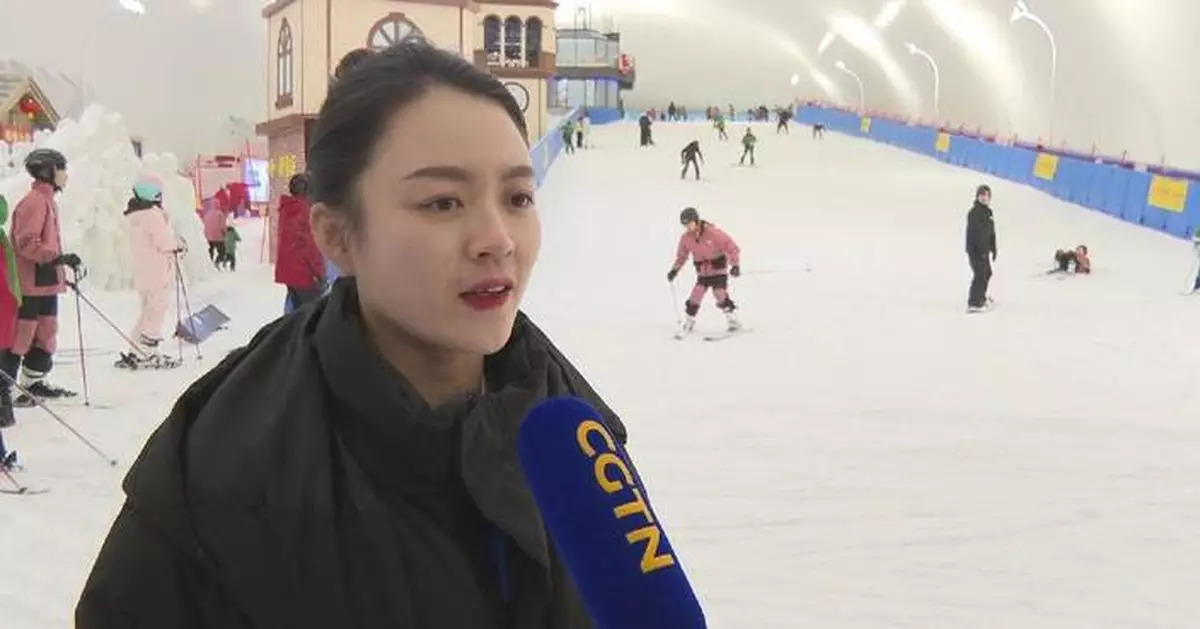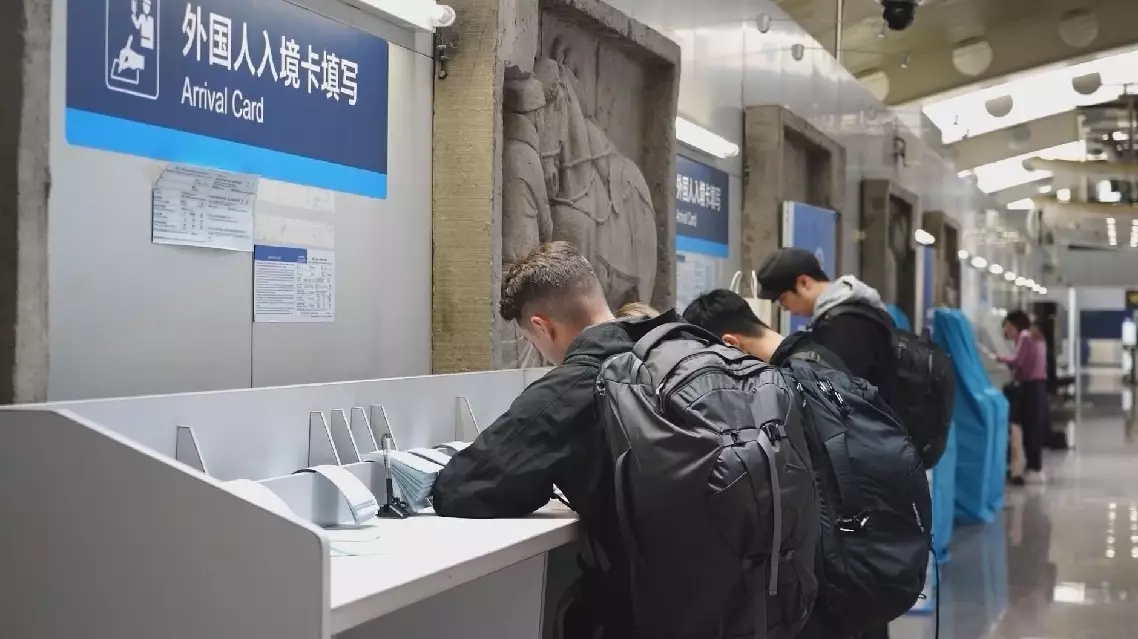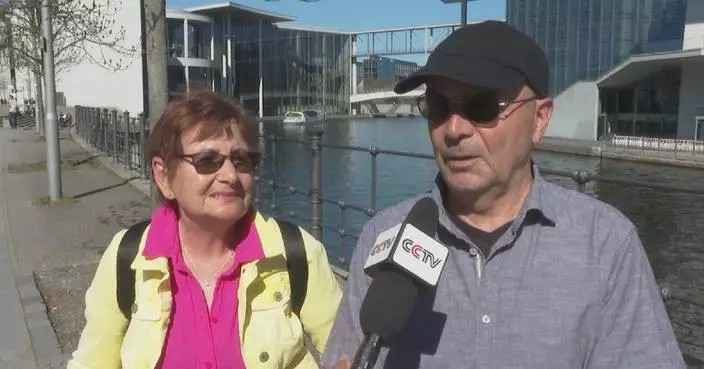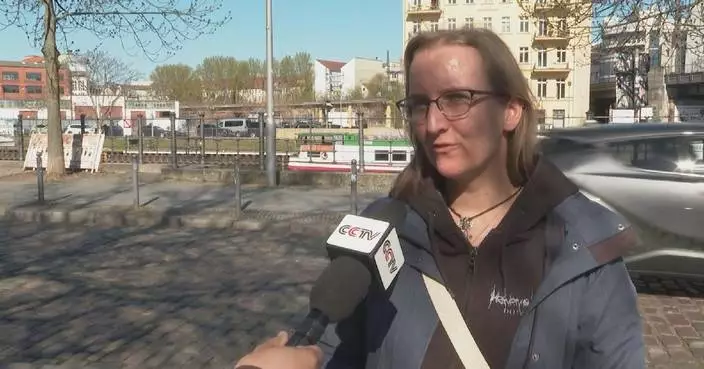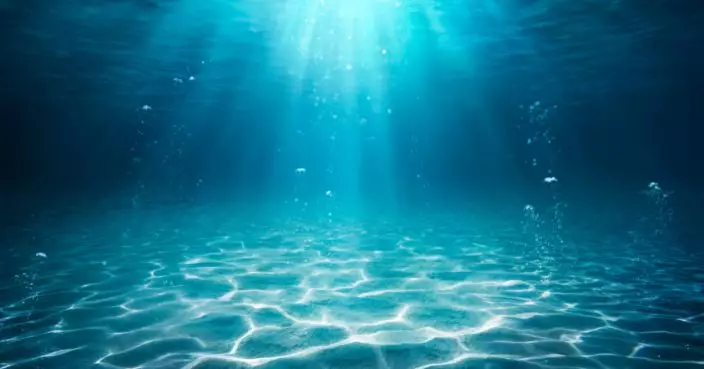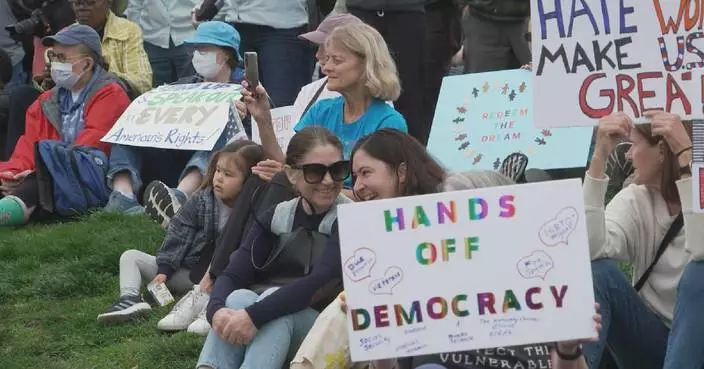China's winter tourism craze has reached surprising heights as even the country's southern cities embrace ice and snow-centric entertainment.
In southern metropolis Shenzhen, where temperatures can reach a balmy 23 degrees Celsius in January, a winter wonderland has emerged, offering locals and visitors from nearby cities a rare chance to experience the joys of snow and ice.
Attractions in the Karoo Ice and Snow World are bustling with visitors and filled with the laughter of adults and children. The vast indoor facility features ice slides, sledding hills and even small ski slopes.
"It's really fun here, she loves it. See, she is giggling like crazy. It's really fun here," said a tourist from Hong Kong who brought a young child to the attraction.
"I think it is a very good experience. I think I will come again," said another Hong Kong tourist.
Beyond sheer enjoyment, these facilities also serve as the training base for professional sports teams of Guangdong Province, where Shenzhen is situated.
"Karoo Ski Training Center is currently our own ski academy and we are offering single experience classes and multi-class system courses, along with special programs like winter camp and summer camp. This year, we have organized outdoor skating activities in Jilin Province, Xinjiang Uygur Autonomous Region, and Harbin City. All of our ski instructors have to hold national certificates before they can take up the job," said Li Yang, training consultant at Karoo Ice and Snow World.
Data from travel platforms reveals that four out of the five most popular destination cities in the south now offer ice and snow entertainment, including Shanghai, Shenzhen, Guangzhou, and Hangzhou. For regions that rarely see snow, the novelty and excitement of winter sports are particularly enticing.
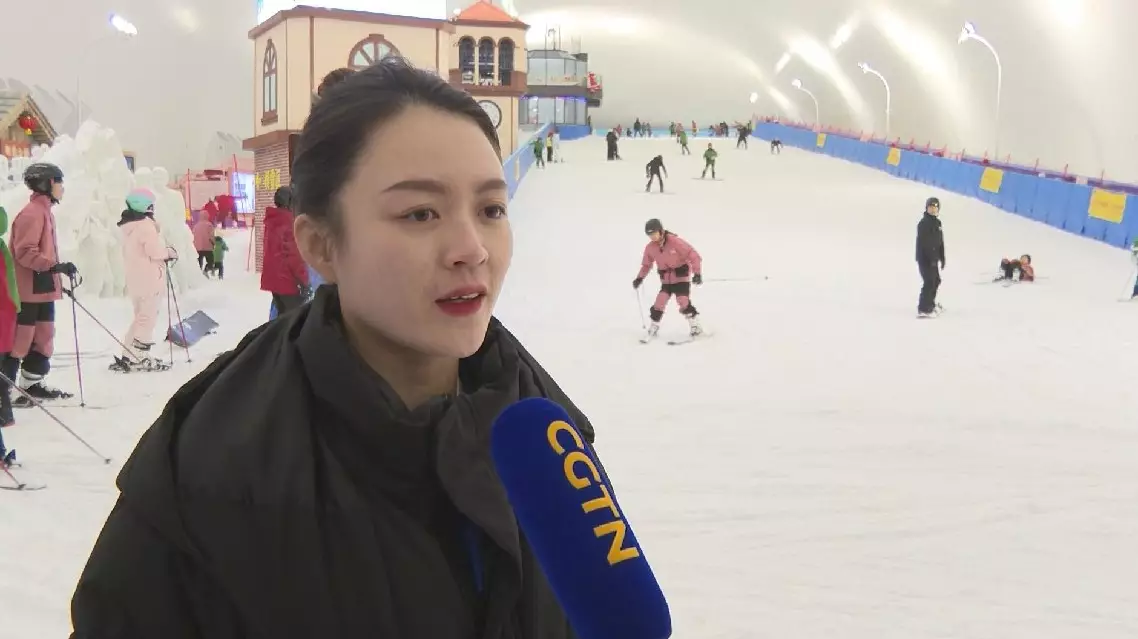
Southern Chinese cities break ice in foray into winter tourism


